Electric cars are the thing right now. New startups like Telsa, Lucid or Rivian, the company I founded over 13 years ago, have disrupted the once settled and old-established auto industry, sparking a huge rush to prove who can engineer the most capable electric powertrain. The race is fueled by billions. But this money must not blind our industry: Because even the most powerful, reliable electric car with the longest range will never be enough to create sustainable mobility for truly everyone.
As a child, I fell in love with cars forever. I drove karts, collected model cars, admired everything four-wheeled I saw on the streets. I knew very early on that I desperately wanted to work in the automotive industry one day. But the older I got, the more I realized how terrible my passion was for our planet. As an overambitious 26-year-old, I eventually founded Rivian with the sole purpose of somehow helping to create sustainable mobility. I knew there would be a steep and difficult path ahead.
Back then, I was (and still am) an optimist, someone who believes in the ingenuity and innovative capacity of mankind. My approach was never to get SUV and truck enthusiasts to switch to small electric cars, I find that highly unrealistic. Instead, I firmly believe to this day that we will not create true technological progress and with this true sustainability until we enable uncompromising alternatives in all spheres of life to fund our progress. People with high expectations should not have to experience any sacrifices, and people with limited resources should not be left out in the cold.
It's worth remembering: the customers of the first electric cars were classic early adopters. Excited about technology, making decent money and preferring novelty to genuine everyday practicality. In recent years, however, we have finally reached the point where electric cars are simply superior to fuel-powered cars and are becoming increasingly affordable. Just a decade ago, that seemed like a distant future. Range anxiety in particular was a huge topic; today, however, no one is talking about it as the capacity of current batteries is slowly outperforming traditional vehicles.
Universality is key. For us, the Rivian R1S and R1T were our first milestones which rather follow the uncompromising approach of drive what you want, but oh, by the way, this car is a path to carbon zero. Yet both models are clearly aimed at the affluent middle class and are somewhat a drop in the ocean when it comes to sustainable mobility: After all, only when we have applied this approach of real choice to every means of transport, every preference and every income level can we really pat ourselves on the back. Spoiler: the car will not be enough; instead, companies and governments should embrace mass transit and micromobility as people's demands are already foreshadowing which mobility solutions will be the most practical and sensibly priced.
We've seen an extreme shift in the last decade towards individual ridesharing like e-bikes and e-scooters, but equally, high-capacity modes of transport such as more sustainable buses and, in the long-term, planes will follow due to immense advances in general e-mobility. Simultaneously, young people are buying cars less often. As the owner of an automotive company, I should be concerned, but frankly, the complete opposite is true: I'm overjoyed by the development because it's exactly the step forward toward true sustainability. And it is also an opportunity.
Currently, for instance, Rivian employs 15,000 people – about half of whom work on future products. That's extremely unusual. With our current cars, we're relying extremely heavily on smart modular design that is scalable, and I hope our competitors will increasingly do the same. This is the secret ingredient that allows us to sell upper-class SUVs today and put the money into the diverse development of electric compact cars, delivery vans, trucks, scooters and bikes tomorrow. It's the only way we could recently enable Amazon's desire to competitively build an electric fleet of 100,000 vans by 2030.
To end with a little metaphor: The Internet was the death knell for the print industry. Since then, smart and successful newspapers have become media houses. The electric drivetrain will be the death knell for the internal combustion engine. The smart and successful car manufacturers will have to become mobility companies.
We will increasingly see companies being part of a huge mosaic of mobility solutions to keep up with the change in consumer behavior. Electric cars are an essential and right first big step towards a green future, but I am excited to see sustainable mass- and micromobility getting more attention in the next years.
Electric cars are the thing right now. And rightly so. But they are not the whole solution.



